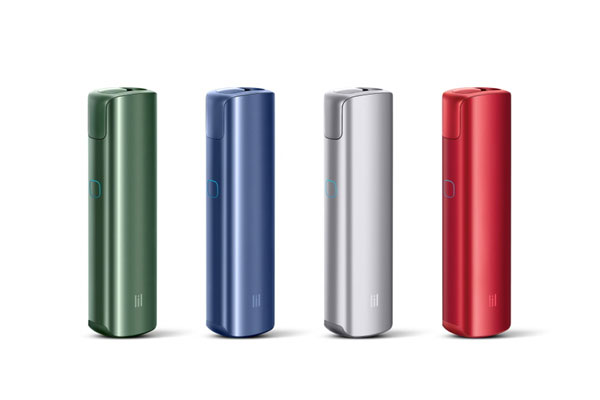
Philip Morris International will hold several events in Austin, Texas, this weekend, to mark the upcoming introduction of its IQOS tobacco heating product in the United States.
In anticipation of launch, current nicotine users who are over the age of 21 and live in designated areas of Austin will be given the opportunity to join a wait list to be among the first to try IQOS once the product becomes available.
“We believe having a portfolio of satisfying alternatives can help traditional tobacco users switch completely and walk away from cigarettes for good,” said Stacey Kennedy, CEO of PMI in the U.S. operations “Austin is a hotbed for innovators, entrepreneurs and trailblazers. Cultural trends adopted here have a ripple effect, so it was a natural place to introduce IQOS in the U.S.”

Austin is a hotbed for innovators, entrepreneurs and trailblazers. Cultural trends adopted here have a ripple effect, so it was a natural place to introduce IQOS in the U.S.
Stacey Kennedy, CEO of PMI’s U.S. business
The (re)introduction of tobacco-heating products into the U.S. has been eagerly awaited by investors and tobacco harm reduction advocates, who hope the product will help transition smokers from deadly combustible cigarettes to less-harmful heating products. Tests suggest that heating tobacco produces lower levels of harmful chemicals than burning it. IQOS has been authorized by the U.S. Food and Drug Administration as a modified-risk tobacco product.
In Tobacco Reporter’s October issue, Cheryl Olson reflects on how the launch of tobacco heating products may impact the U.S. market.
IQOS was briefly test-marketed by PMI’s former U.S. partner, Altria Group. In September 2021, the International Trade Commission determined that the product infringed patents owned by British American Tobacco and barred IQOS imports.
PMI and BAT subsequently resolved their intellectual property dispute, clearing the way for IQOS sales in the U.S. In October 2022, PMI reclaimed the U.S. commercialization rights to IQOS, saying Altria had failed to meet certain milestones stipulated in their agreement.
IQOS is already available in an estimated 80 countries, and since launching in Japan 10 years ago, it has helped more than 22 million people worldwide make the switch from cigarettes, according to PMI. A 2019 study by researchers at the American Cancer Society showed that cigarette sales decreased five times faster after IQOS was introduced in Japan.
IQOS is now PMI’s top revenue earner, surpassing the company’s bestselling Marlboro cigarette brand.
PMI’s latest integrated report shows that 38 percent of the company’s total net revenue now comes from its smoke-free business, which also includes the popular Zyn nicotine pouches .
“For the first time in history, smoke-free products have surpassed cigarette combustibles,” PMI CEO Jacek Olczak said at the Technovation event on Oct. 9 in Neuchâtel, Switzerland, according to Malaya Business Insight.


















